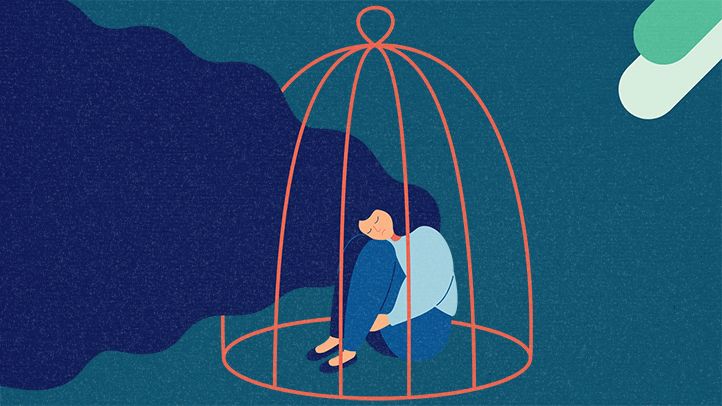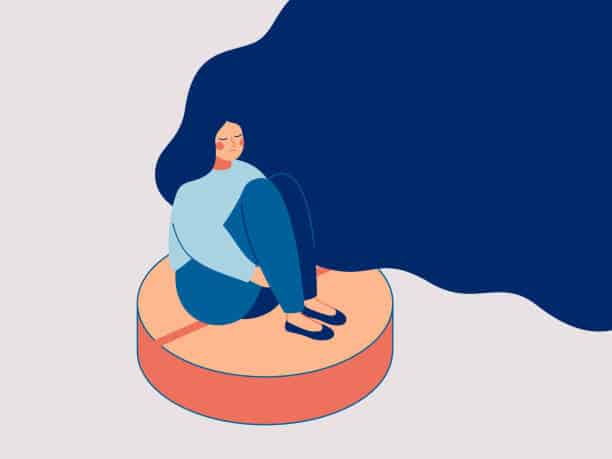In our daily lives there are many habits we can do without, or that keep us from living our best life by negatively impacting us – such as caffeine or nicotine addictions. During Ramadan as we already try to limit certain activities and try to focus more on our prayers, we can also use this time as an opportunity to get rid of certain addictions. So we sat down with Dr. Remaz Anwar and Natalia Rawjee, a certified nutritionist, to get some advice on how to go about quitting caffeine and nicotine addictions during Ramadan. We are already forced to cut down on caffeine and nicotine during Ramadan, hence what better time to try and break the addiction once and for all?

Ramadan Is The Perfect Time To Eliminate Addictions
Ramadan is a time to abstain from pleasures. While the ability to reduce or cut down addictions during Ramadan differs from person to person, it is worth trying to do so; most people’s caffeine intake during this month reduces to almost half of their usual. Dr. Remaz believes, “Ramadan can be a good opportunity to set up a base for a caffeine cutdown.” As for nicotine, in Ramadan people have stronger willpower and motivation to be tobacco-free because of their spiritual practices, so they may find it easier to cut out nicotine. Being a smoker can actually impact your Ramadan by hindering your fast – it causes intense cravings and can have other side-effects. Hence, cutting out nicotine and caffeine during Ramadan might just make fasting easier for you in the long run.
What Happens When You Try to Cut Down On Caffeine
Whenever you try and quit something, there are always withdrawal symptoms to accompany you on your journey. While headaches are the most common withdrawal symptom, according to Dr. Remaz others may experience “fatigue, irritability, mental fog, nausea and even vomiting.” However, not to worry, because Natalia confirmed that, “side effects will subside in time as your body adjusts to the lack of caffeine.” It’s safe to say that patience will go a long way on this journey, as symptoms can last for up to 2-9 days.
Don’t Go Cold Turkey
You may wonder as to which approach to take when trying to get rid of an addiction. While you may be tempted to go cold turkey, it is vital to understand that patience is key here. Natalia recommends getting rid of addictions slowly asthis will help ensure that you stay consistent and avoid bouncing back. Dr. Remaz suggests reducing caffeine intake by approximately, “10% every two weeks” before you actually quit. This will help you ease into the process. As for nicotine, start by reducing smoking to 1-2 cigarettes a day. This way your body will be able to effectively adjust without giving you extreme caffeine or nicotine withdrawal symptoms.
How Giving Up Caffeine And Nicotine Affects You
Caffeine is a drug and is highly addictive, thus it can be a good idea to detox from it especially in Ramadan. Cutting out caffeine and nicotine from your life, will enable you to step towards more energy and better health. Reducing caffeine also leads to a decrease in anxiety levels, and elevates your mood in general, making you will feel happier. This is as, “caffeine intake stimulates stress hormones, which causes us to feel anxious and often irritable”, according to Dr. Remaz. If you’re a renowned insomniac or have a bad sleeping pattern, she states that “cutting out caffeine reduces restlessness which can improve your sleep by altering a disturbed sleep cycle”. You will also be able to maintain a healthy blood pressure and absorb minerals and vitamins more efficiently.

What To Eat To Keep Cravings At Bay
When trying to quit nicotine or caffeine, you will definitely experience some cravings. But it is important to try your best to not give in to these cravings, as it can hinder your progress. With that said, it is also important to acknowledge that you may slip up from time to time and that’s alright. After all it is a process, and the key is to get back up and try again. There is great strength in resilience. Natalia’s advice is that “a balanced blood sugar is really the key when you are trying to overcome any type of craving”. Therefore, Natalia suggests keeping blood sugar levels balanced, by consuming healthy fats, proteins and fibre. She also adds how by, “making your intention with God and asking for ease may help mitigate cravings as well.”
How To Reduce Withdrawal Symptoms
Giving up any type of addiction is never easy, but with discipline and the right approach you can be successful. When managing withdrawals, you need to start off by identifying what type of foods may trigger a craving. Dr. Remaz’s advice is to refrain from eating “spicy or sugary foods, meat, tea and coffee” in order to prevent nicotine cravings. At the same time, you should be increasing your intake of vegetables and fruits as well as your water intake. And in the case of caffeine, Natalia, suggests trying and managing symptoms by incorporating non-caffeinated herbal teas and lots of water into your diet as an alternative. Also avoiding the company of those who smoke around you, or a smoke-filled environment is also very helpful.
Exercise
Exercising has numerous health benefits for our bodies, hence we should be getting a regular amount of exercise weekly. Therefore, it’s no surprise that exercising can help you quit a caffeine or nicotine addiction. Natalia suggests that exercising can provide a great distraction to one from their cravings while at the same time aiding the metabolism and detoxification of our bodies. Natalia points out that when exercising in Ramadan it’s important to stay hydrated. She recommends drinking enough water during the eating window, to ensure that you are properly hydrated”. Water is vital, as dehydration can end up worsening withdrawal symptoms such as cravings or headaches.






What do you think?
You must be logged in to post a comment.